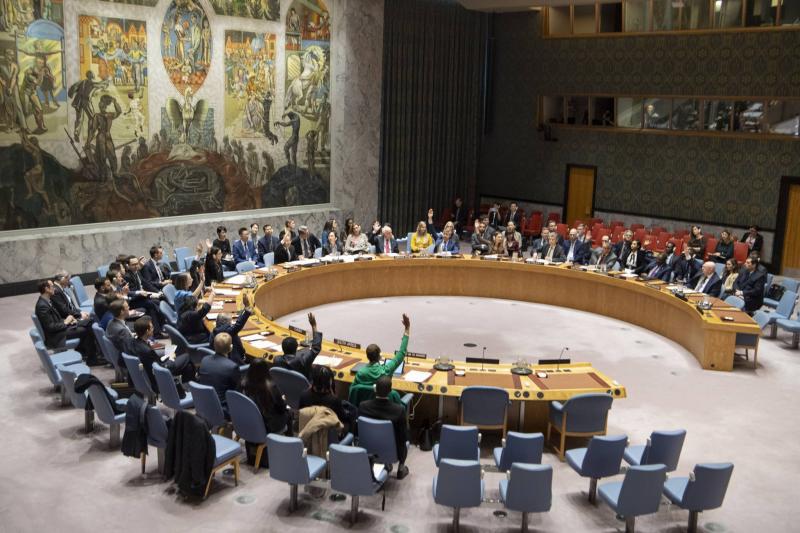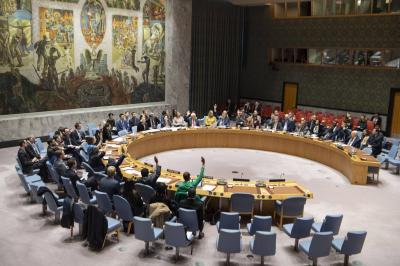A report from the United Nations released today, Wednesday, indicates that "eliminating hunger in the world by 2030 increasingly appears to be an impossible prospect due to little change in the number of people suffering from chronic hunger over the past year." The annual report on "The State of Food Security and Nutrition in the World" states that approximately 733 million people experienced hunger in 2023, equivalent to one in every 11 people globally and one in every five in Africa, due to conflicts, climate change, and economic crises.
David Laborde, Director of the Agricultural Food Economics Division at the Food and Agriculture Organization of the United Nations (FAO) who contributed to the survey, noted that despite progress in some regions, the global situation has worsened. He stated in a press interview, "We are today in a worse position than we were nine years ago when we launched the goal to eliminate hunger by 2030," adding that "challenges such as climate change and regional wars have become more severe than we anticipated even a decade ago."
The report warns that if current trends continue, about 582 million people will suffer from chronic malnutrition by the end of the decade, half of them in Africa. Efforts to achieve the broader goal of ensuring regular access to sufficient food have also faltered over the past three years, since 29 percent of the world’s population; that is, 2.33 billion people, faced moderate or severe food insecurity in 2023.
In a stark display of inequality, around 71.5 percent of people in low-income countries were unable to afford a healthy diet last year, compared to just 6.3 percent in high-income countries. While famine is easily observable, malnutrition leaves lifelong marks on individuals, hindering the physical and mental development of infants and children and making adults more susceptible to infections and diseases.
Laborde stated that international aid related to food security and nutrition amounts to $76 billion annually, which is only 0.07 percent of the world’s total annual GDP. He remarked, "I believe we can improve performance to fulfill the promise of living on a planet where no one goes hungry."
Regional indicators varied widely. Hunger rates continued to rise in Africa due to the significant impact of increasing population, numerous wars, and climate disruptions. In contrast, Asia experienced little change, and conditions in Latin America improved. Maximo Torero, a senior economist at the FAO, stated, "South America has very advanced social protection programs that allow for effective intervention, enabling them to exit hunger quickly." He added, "In the case of Africa, we have not observed that."
The United Nations asserted that the approach to financing the hunger-fighting campaign must change, and there needs to be greater flexibility to ensure that the most needy countries receive assistance. The report was prepared by the FAO, based in Rome, the International Fund for Agricultural Development (IFAD), the United Nations Children’s Fund (UNICEF), the World Health Organization (WHO), and the World Food Programme (WFP).




